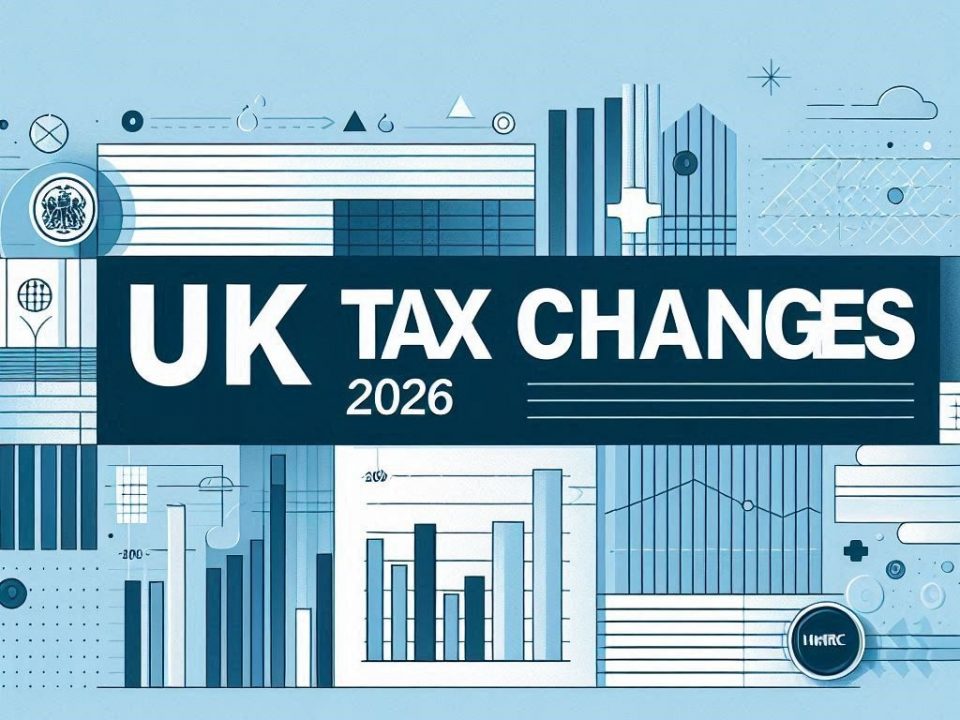Form 17: Property Held Jointly by Married Couples or Civil Partners
December 31, 2024Understanding the Difference Between Revenue and Capital Expenditure for Buy-to-Let Properties
January 5, 2025Understanding Payments on Account: What You Need to Know
Time to read: 3 minutes
Introduction
Payments on account can be a confusing aspect of the UK tax system for many self-employed individuals, landlords, or anyone who earns income outside of regular PAYE. In this blog, we’ll break down what payments on account are, when they apply, and how they affect your tax bill.
What Are Payments on Account?
Payments on account are advance payments towards your next year’s tax liability. They are required if your income tax bill is over £1,000 for the previous tax year and you’re self-employed or a property owner earning rental income. These payments are made in two instalments each year: one by January 31st and the other by July 31st.
How Are Payments on Account Calculated?
The payments on account are based on your previous year’s tax bill. If you had a tax liability of £2,000 for the 2023/24 tax year, you would make two payments of £1,000 each (one in January and one in July) towards the 2024/25 tax year.
The amount is calculated as 50% of the previous year’s total tax bill. If your tax bill changes significantly due to changes in income, you may be able to request a reduction in payments on account, but this is subject to HMRC approval.
When Are Payments on Account Due?
The deadlines for payments on account are:
- January 31st – First payment, due by the end of the month.
- July 31st – Second payment, due six months later.
It’s important to keep these dates in mind to avoid late payment penalties and interest. If you don’t make these payments, HMRC will charge interest on the unpaid amounts.
How Does Payments on Account Impact Your Final Tax Bill?
After you submit your Self Assessment tax return and calculate the total amount of tax due, your payments on account will be deducted from the final tax liability. If the total payments on account are greater than your final tax bill, HMRC will refund the excess. If they are less, you’ll need to pay the difference by the January 31st deadline of the following year.
Can Payments on Account Be Avoided?
If your last tax bill was under £1,000, you don’t need to make payments on account. Additionally, if more than 80% of your income is taxed at source (such as through PAYE), payments on account are not required. However, if your income increases, you’ll need to start making these advance payments.
How to Manage Payments on Account Effectively
The best way to manage payments on account is to plan ahead. If you know that your income is going to fluctuate, it’s worth keeping some funds aside to cover the payments. Alternatively, you can adjust your payments on account with HMRC if you anticipate your tax bill being significantly lower.
Conclusion
Payments on account are a way for HMRC to collect taxes in advance, making sure you don’t end up with a large tax bill at the end of the year. While it can seem complicated, keeping track of your income and making timely payments will keep you on the right side of HMRC. If in doubt, it’s always a good idea to speak with an accountant who can guide you through the process and ensure you meet all your tax obligations.



